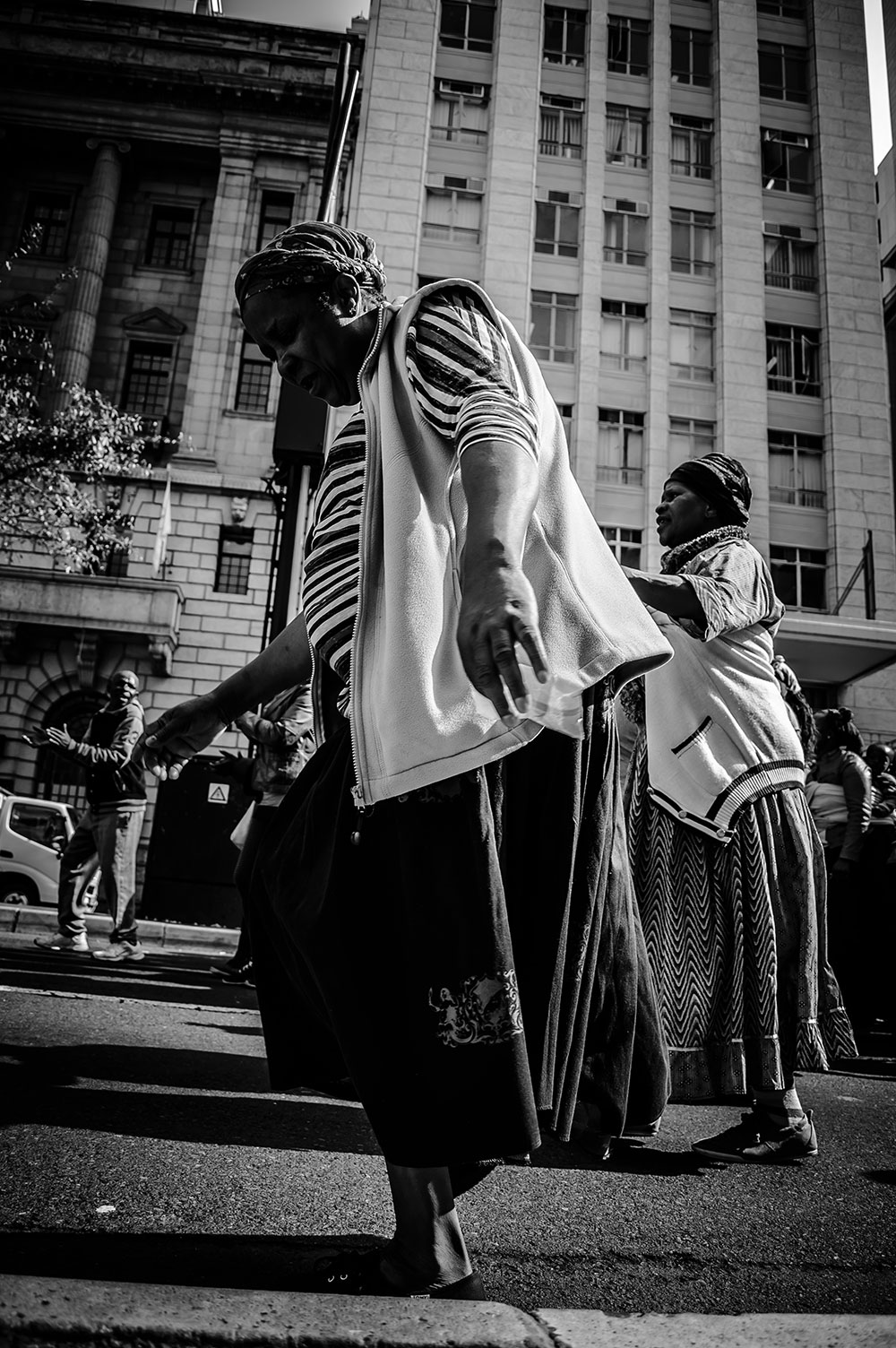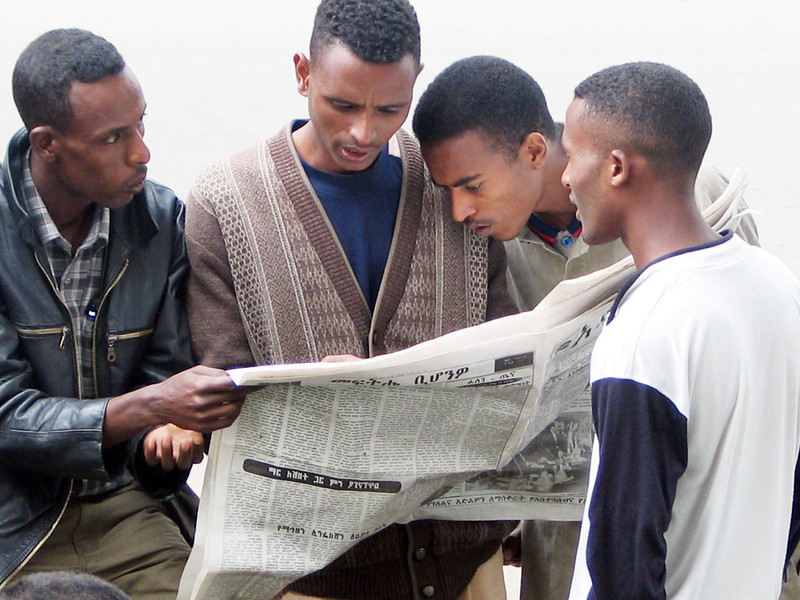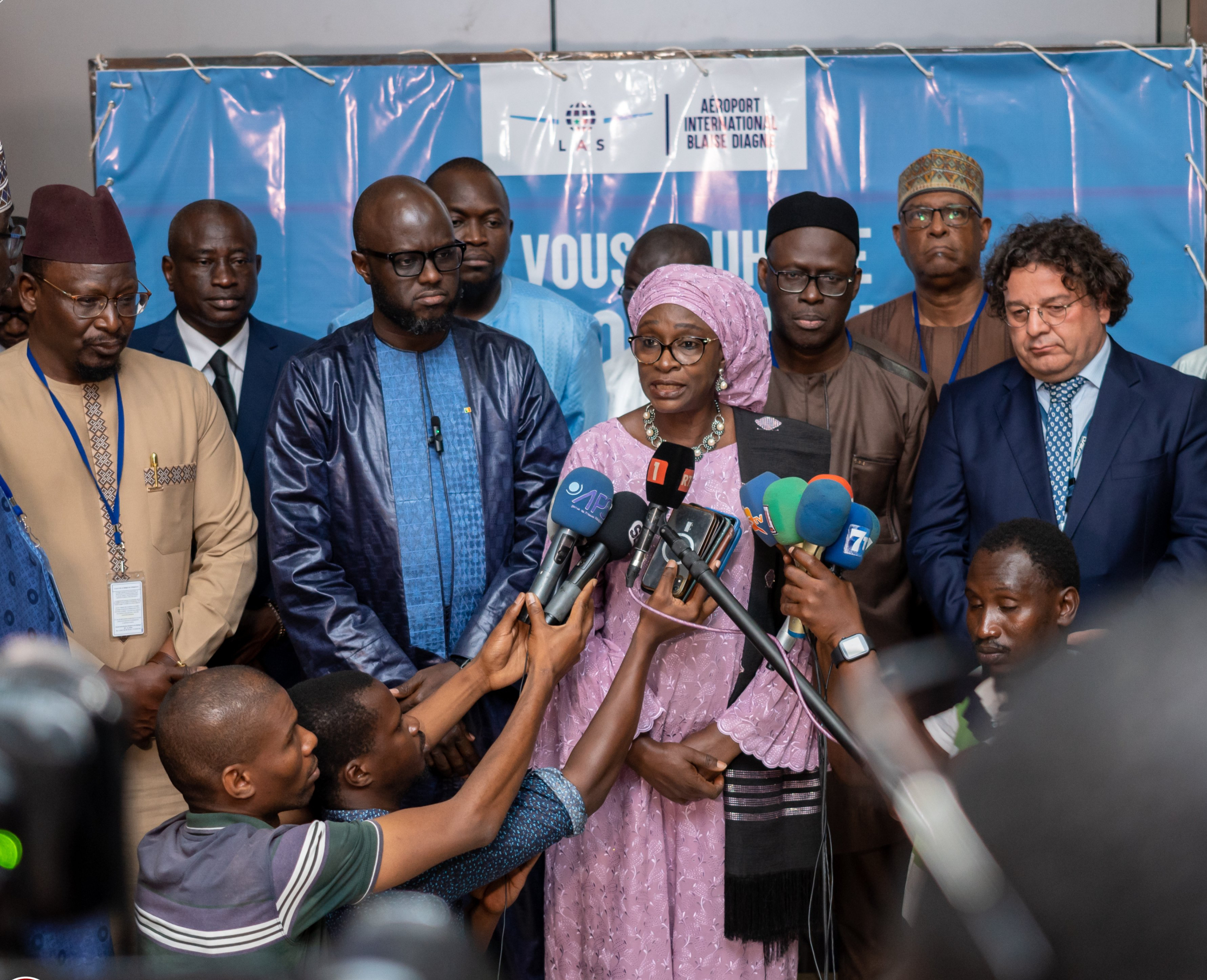We are excited to announce that Brink is now part of Africa Practice. Learn more
Could the ‘State of Capture Report’ finally spell the end for Zuma?

President Jacob Zuma is one of Africa’s great political survivors; a questionable attribute when placed in the context of the controversies that have surrounded his presidency. Amid a succession of scandals and wayward decision-making, Zuma has managed to ride out the storm of popular outrage and political turmoil. Despite declining legitimacy and support, the President’s control over the ruling ANC party’s apparatus has been crucial to facilitating this political survival. And while we believe he still has some fight in him, the latest twist in the plot signals a watershed moment in South African politics which will set in motion a more concerted struggle to bring about leadership change within the ANC.
On Wednesday, South Africans were finally able to read former Public Protector Thuli Madonsela’s parting gift to the Republic which Zuma had unsuccessfully sought to block; her investigation into alleged undue influence by the Gupta family over cabinet appointments. The ‘State of Capture Report’ shines a light on a government that has provided privileged access and preferential treatment to a powerful business family, largely by dint of their cosy relationship with Zuma and his acolytes. In some respects, the report does not reveal much that wasn’t already being widely discussed in South African society. But coming against the backdrop of declining ANC support, growing popular mobilisation and a succession of earlier scandals, we think it will present the greatest test to Zuma’s leadership to date, and likely mark the beginning of the end.
We envisage the coming weeks will see both formal efforts to try and use the report to unseat Zuma, and informal – and probably more significant – closed-door conversations between ANC cadres around how to respond to the leadership crisis. From these discussions, a concerted push to remove Zuma given the continued damage he is likely to inflict on the ANC’s popular standing, appears credible. This would either come in the form of renewed impeachment calls, or from the ANC bringing forward its December 2017 elective conference to usher in change. However, Zuma and his allies have much to lose and will impress upon their opponents in the ANC the likely consequences of his sudden removal, which would include party instability and even violence that could ensue. Considering these dangers and the balance of part powers, we believe the ANC will likely retain Zuma as President of the party until December 2017 amid rising political discord and acrimony. Meanwhile, the President’s authority and control will be severely constrained as his party increasingly looks beyond Zuma to the next phase of leadership. Instead, the President’s main priority will likely be to ensure a retirement in which his legal and financial security is guaranteed – a potential concession of any early succession debate within the party.
The State of Capture report
The rot had already set in well before the release of the State of Capture report. With the ANC refusing to act on serious issues concerning Zuma’s ethical conduct in power, the party was punished in the August local government elections. Its loss of three major metros to an alliance of opposition parties led by the DA was a damning indictment of Zuma’s rule. Partly in reaction to these results, the ANC has already witnessed something of an internal revolt with several veterans of the party calling for the President and the entire leadership of the party to step down.
Most recently, the controversial investigation and threat of arrest against respected Finance Minister Pravin Gordhan exposed the internal divisions within the ruling party and government. In an unprecedented move, some ANC stalwarts and members of the cabinet came out publicly in support of the Finance Minister. Meanwhile, a civil society movement ‘Save South Africa’ has coalesced around Minister Gordhan who is being held up as a symbol of integrity in South Africa’s still vibrant democracy, which some feel has come under threat as a result of the President’s conduct. Amid this state of affairs, the question is no longer about whether the ANC will act but how it will react to the forces around it seeking to determine the future of South Africa.
The ANC has often claimed that no individual is bigger than the party. However, its paralysis in response to the leadership crisis reveals otherwise. Zuma has used his control over key party structures and his leverage over critical patronage networks has enabled him to overcome a series of challenges to his leadership – not least a failed impeachment bid in September. Even now, he is unlikely to go down without a fight. But his power is waning, with eyes already beginning to turn to how the ANC repositions itself ahead of its elective conference in December 2017 and the next elections in 2019 (when Zuma would constitutionally have to stand down in any case). Zuma’s conduct has inflicted huge damage on the ANC’s standing and electoral performance, which saw the party’s vote share in the recent local elections fall below 60% for the first time since the first democratic election in 1994. It has also created national distractions that have added to the country’s economic travails.
Succession battle
The ANC now finds itself in a catch-22 situation. Whether it forcibly removes Zuma or chooses to keep him on until December 2017, its decision will create considerable internal strife within the party. The ANC’s Secretary General, Gwede Mantashe, described the calls to remove Zuma as “a call for the ANC to tear itself apart…. If it works that way, there is no party left”.
The party’s elective conference, scheduled for December 2017 but with scope to be bought forward of forcibly required by the unlikely event of a successful impeachment bid, will determine the outlook for the ANC’s future leadership. The two frontrunners are former AU chair Nkosazana Dlamini-Zuma and Deputy President Cyril Ramaphosa. Dlamini-Zuma is Zuma’s ex-wife and is the preferred candidate for the pro-Zuma faction. Ramaphosa has so far only been endorsed by his former trade union, the National Union of Mineworkers (NUM) and health sector union Nehawu, but he does not appear to have much of a constituency. Ramaphosa’s billionaire status, role in the Marikana massacre and complicity in the Zuma administration over the past five years could disqualify him in the eyes of many who would seek to do away with all things connected to President Zuma. Dlamini-Zuma’s family ties to Zuma would also work against her, but she has a more solid constituency base in the party than Ramaphosa, making her the most likely figure to succeed. So far, no other figure within the party appears to have the stature and backing to contest against these prominent party stalwarts but there will be much soul-searching and party intrigue in the coming months.
In the next year, a lack of decisiveness from the ANC would be a missed opportunity for restoring confidence in the South African economy. New leadership would see a rise in confidence in the near term, but the political repercussions of an internal fallout could add further policy paralysis. It is clear that Zuma is firmly entrenched in the ANC, and there are many vested interests which will push back against his removal and seek to secure their own positions. This will create a climate of political volatility in the coming months, regardless of the timing and management of the succession process. For businesses and citizens alike, political volatility and policy stagnation will further damage the country’s economic outlook. But a change in leadership also carries opportunity for rebirth and recalibration, setting South Africa on a new and more optimistic political course. It is only once the dust settles on Zuma’s succession that we will really know what course is likely to be taken.
Sinethemba Zonke is a political risk analyst for Africa Practice with a detailed knowledge of the political environment in Southern Africa. He has advised multinational companies on political, stakeholder engagement and communications projects in Southern African and authored several Africa Practice publications on political, commercial and social dynamics in the Southern African region.
Proud to be BCorp. We are part of the global movement for an inclusive, equitable, and regenerative economic system. Learn more


